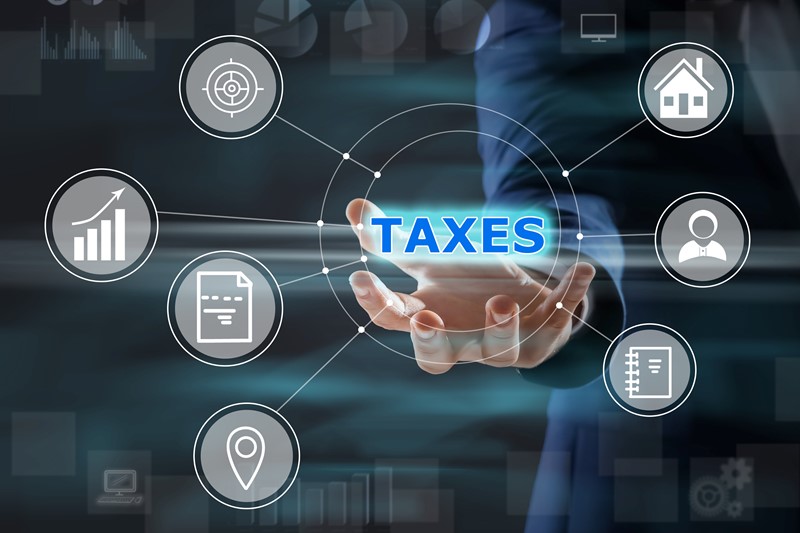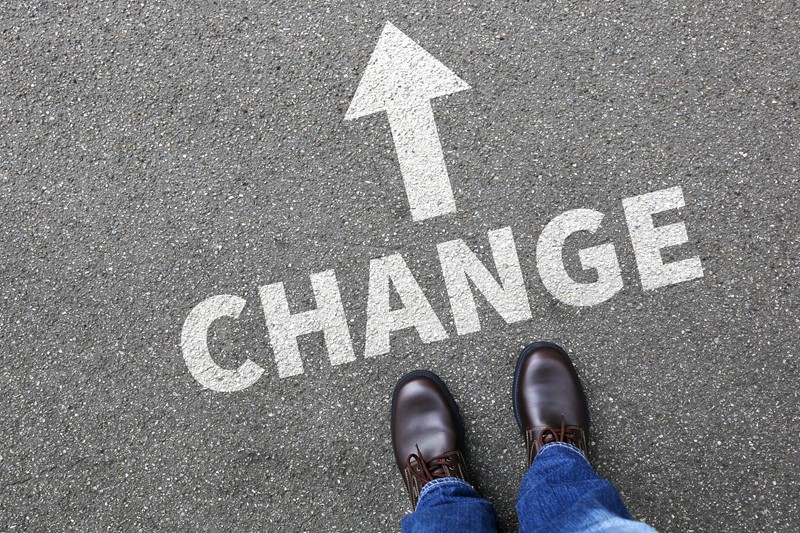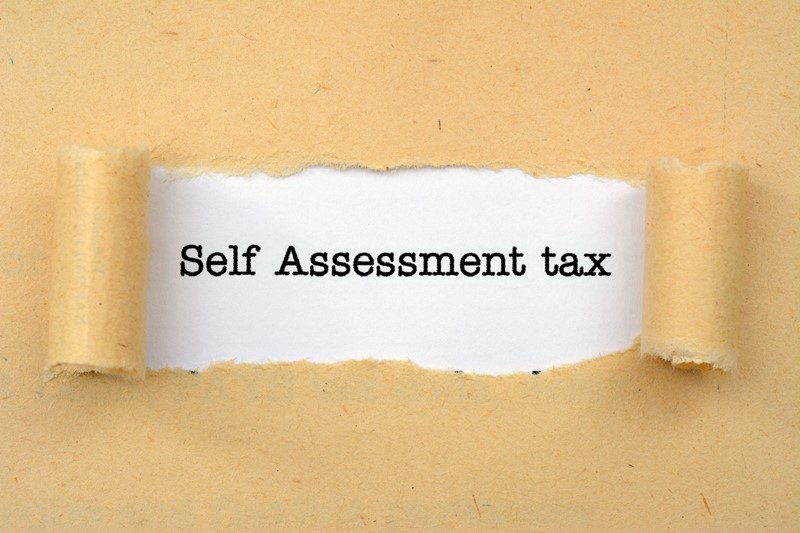


Self-Assessment threshold change
The £100,000 threshold for Self-Assessment change for taxpayers taxed through PAYE only, increased from £100,000 to £150,000 with effect from 6 April 2023. However, the Self-Assessment for 2022-23 tax returns remains at £100,000. ...
Checking your Simple Assessment tax bill
Simple Assessment is a method by which HMRC can assess where additional Income Tax is due by a taxpayer. A Simple Assessment letter is usually issued to taxpayers with reasonable straight forward tax affairs. The Simple Assessment notice of liability does not require...
Do you need to submit a Self-Assessment tax return?
There are a number of reasons why you might need to complete a Self-Assessment return for the first time. This includes if you are self-employed, have an annual income over £100,000 and / or have income from savings, investment or property. Taxpayers that need...

